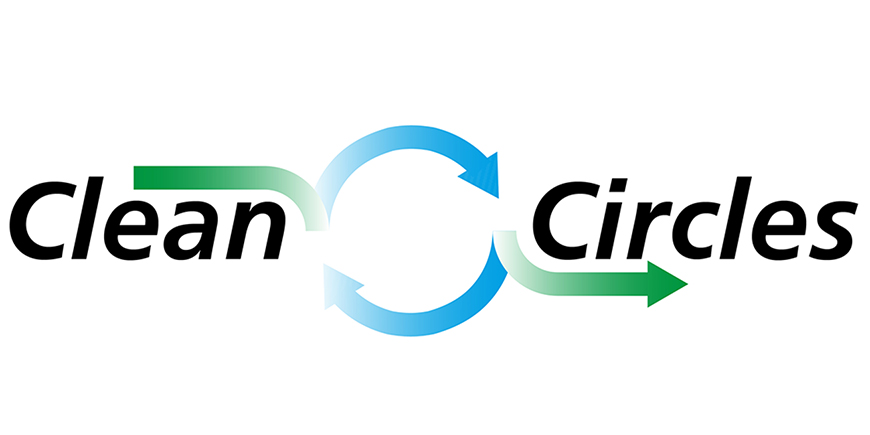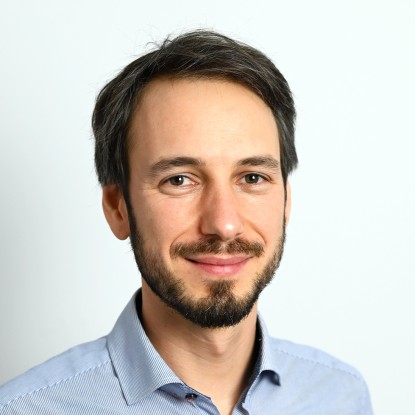The development of the German hydrogen policy discourse
New publication in Energy Research and Social Science
2023/02/13
Hydrogen is still a niche technology in Germany. Until now, the relatively young public debate on hydrogen policy has also hardly been polarised and conflict-ridden. Michèle Knodt from the Institute of Political Science at TU Darmstadt and colleagues from Masaryk University in Brno (Czech Republic) used a discourse network analysis to investigate how the composition of the actors, their positions and the general discourse structure in Germany have developed. The results were published in the journal Energy Research and Social Science.
The used method of discourse network analysis combines two social science approaches: The content level of qualitative discourse analysis, in which, for example, language images and argumentation patterns are scrutinised, with quantitative network analysis, in which the relationships between the actors and resource and information flows are in the foreground.
The researchers analysed 279 articles in the archives of two German daily newspapers that could be assigned to the topic of hydrogen policy. The Gas 2030 Dialogue (December 2018) and the publication of the National Hydrogen Strategy (June 2020) were chosen as milestones for the analysis. The authors noted, among other things, that the discourse immediately after these events was interestingly weak and only strengthened about half a year later. The debate did not proceed along cleavages or contentious issues, but rather clustered around various rather general proposals and suggestions that functioned as “wish lists”. However, in the discourse, which became richer in aspects over time, the authors certainly see lines of conflict that could set the actors against each other in the future.
The publication:
Arina Belova, Christine Quittkat, Lukáš Lehotský, Michèle Knodt, Jan Osička, Jörg Kemmerzell: The more the merrier? Actors and ideas in the evolution of German hydrogen policy discourse, Energy Research & Social Science,97, 2023, https://doi.org/10.1016/j.erss.2023.102965.

